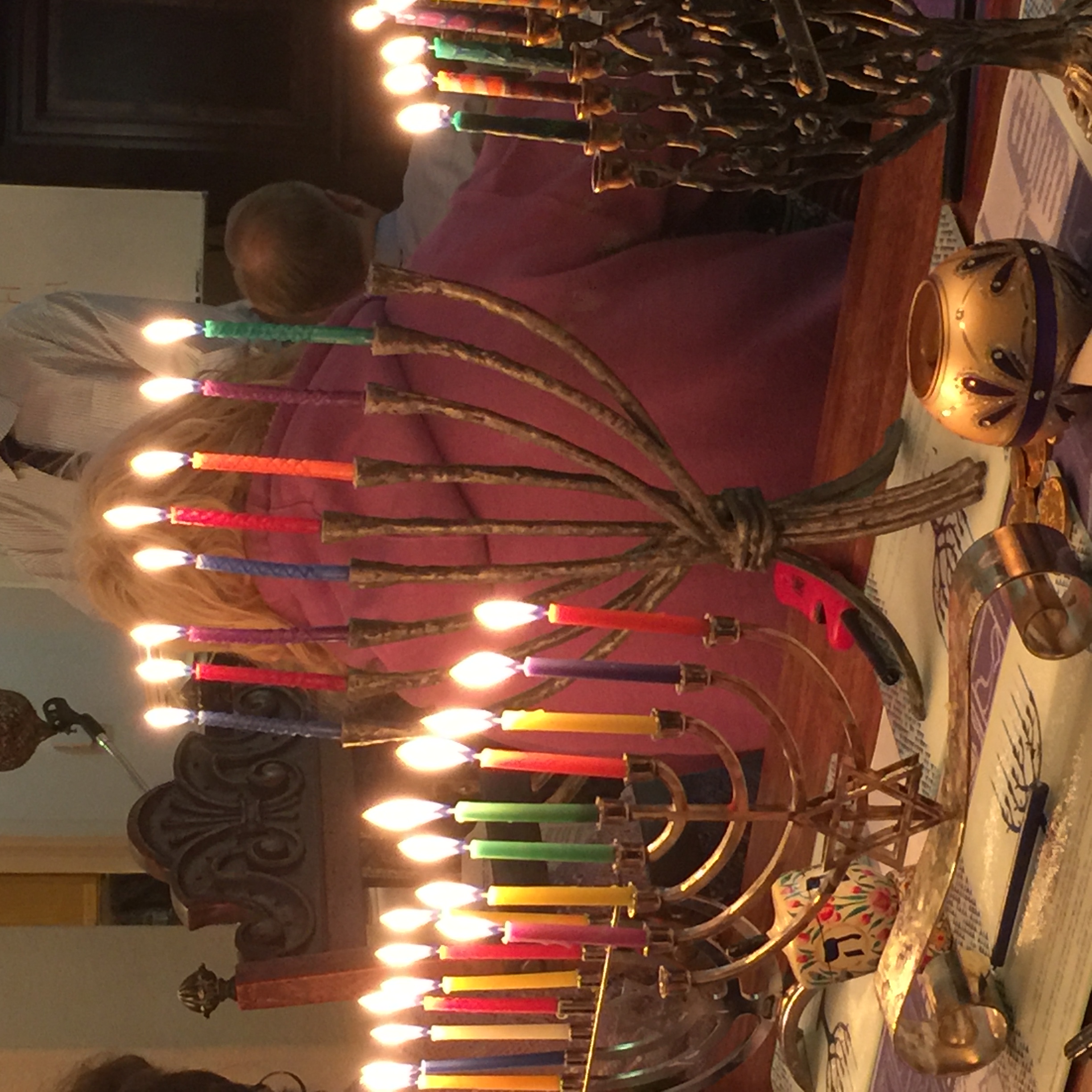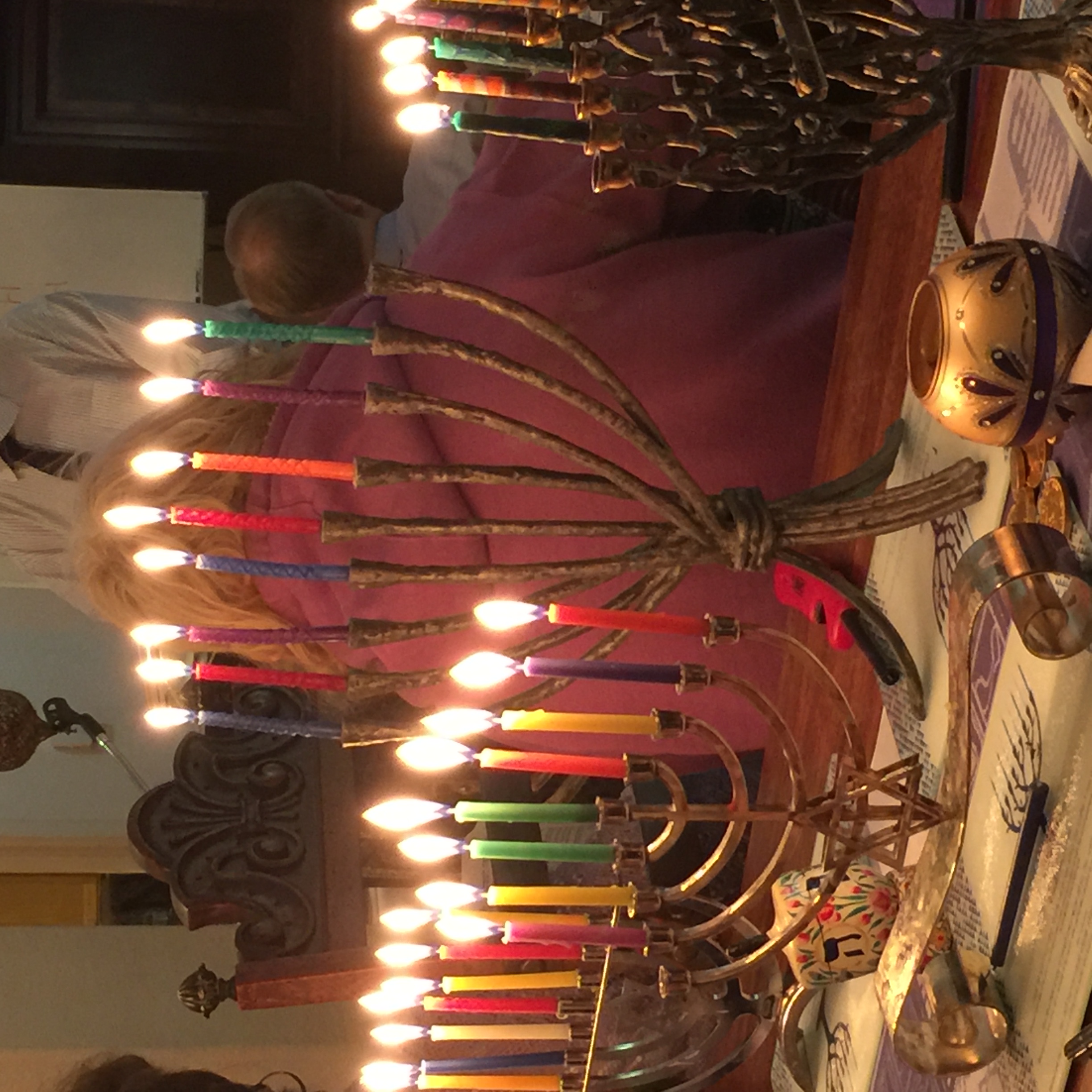Acid thrown on ex-Muslim’s face

Photo by: Courtesy
As we enter Umar Mulinde’s hospital room, we are immediately grateful that the friend who arranged our interview also sent us Mulinde’s photograph. She at least partially prepared us for the sight of the disfiguring burns on his beautiful face. Still, we quickly learn that the blinded right eye, the scorched skin, the missing nostril and the swollen lips – which make it difficult for him to speak – have not lessened his passion for the mission he has set for himself: to tell his personal story and the story of Uganda, and to proclaim his love of God and his love for Israel.
Mulinde was born in Uganda in 1973 to a devout Muslim family comprising many children and wives. His maternal grandfather is an imam; his father is a well-known Islamic leader. Today, however, Mulinde is an Evangelical Christian pastor who leads a Kampala church of more than 1,000 believers.
On Christmas night 2011, a terrorist made his way through the holiday crowds, and while shouting “Allahu Akbar!” three times, threw acid at Mulinde’s face, chest and arm. The young pastor turned his head just in time to avoid being hit directly in the face; his right side bore the brunt of the injury. He was rushed to the hospital, but it was soon evident that the medical treatment in Uganda for such severe burns was inadequate. He called friends in Israel, and they quickly transported him to Sheba Medical Center in Tel Hashomer, where we are meeting him.
We wonder if the attack resulted from his conversion to Christianity – a capital crime according to Islamic Shari’a law. So we ask him how and why he became a Christian.
“Even though Uganda’s population is 80 percent Christian,” he explains, “it was declared a Muslim country under Idi Amin, and the Muslims were organized and motivated.
They always found ways to disprove Christianity’s claims by using passages from the Koran. But a pastor named Deogratias decided that if he wanted to convince Muslims about the truth of Christianity, he needed to study Arabic and be familiar with the Koran.”
Deogratias convinced Mulinde that Christianity was true by explaining passages from the Koran that mentioned Jesus, and he taught Mulinde about the New Testament.
Still, the 19-year-old Mulinde knew very well that converting to Christianity would mean being totally cut off from his Muslim family and friends, and thus from his future plans. Instead he chose to live a double life: Inwardly he was a Christian, but outwardly he fulfilled all the requirements of Islam.
Then, he tells us, a recurring dream began to visit him: “My hands and my feet are tied. And I’m burning in fire. I am screaming. To my right, a man with a shining face is telling me, ‘Islam brings you this torture. Become a Christian and you will survive it.’” He went to his grandfather the imam to seek advice. “He said that maybe Christianity had sent an evil djinn to torture me and that we needed to cast it out using a prayer.”
But when Mulinde returned home, on the day before Easter, the dream continued to recur.
The next morning – Easter Sunday – he entered a church for the first time in his life. He announced to the congregation that he wanted to convert to Christianity. Just as he left the service, three of his Muslim friends spotted him and promptly reported to the sheikh that Mulinde had been in church. A group of them attacked him and beat him up. That was the beginning of his persecution. From that moment on, he was alienated from his community.
Nonetheless, he began to speak publicly about his new faith, and he did so before increasingly large audiences.
“I am a new person. I have started a new life.” He repeats these words a number of times during our meeting. Even from his sickbed and with his slurred speech, it’s not difficult to imagine him convincing great crowds of people with the peace and confidence that he radiates.
“As a Muslim, I had a very legalistic approach to life,” he explains. “I did things not out of love, but out of fear of Allah. I did not have inner peace, but was a prisoner on a mission. I did things not because I wanted to do them, but because I was told to do them, and I did them in the exact way I was taught to. As a Muslim, I thought I had to kill infidels, but now that I am a Christian, my heart is filled with love. The power that motivates me is God’s love and love for Israel. I feel that the spirit that previously dwelt in me has disappeared and now I’m a real person.”
HE RECOUNTS for us how his attitude toward Israel changed.
“When I was a Muslim, I hated Israel,” he says. “Don’t know why. Everybody was like that. I knew nothing about Israel – not even where it was on the map. But after I became a Christian, I loved reading the Bible – both the Old and the New Testaments – and I saw phrases like ‘the God of Israel’ and ‘the people of Israel’ repeated continually in the Scriptures. What did that mean?”
In Kampala, he met a group of devout Christian women who prayed for Israel every day, which also raised questions in his mind. So in 2008, he made his first visit to Israel, arriving through Egypt via the Taba crossing.
In the car that met him were an Israeli guide and an Arab driver. He was astounded. “I didn’t know that Jews allowed Arabs to live in Israel and to work. I believed that Jews were persecuting and hunting Arabs.”
During his visit, he saw that hotel workers were Arabs, living in safety and going about their business. He saw with his own eyes that Israel was a democracy, “and that this is a country of peace. I loved the nation and the people.”
In the meantime, he took an online course about Israel, which further changed his thinking and, before long, transformed his life. Before his attack, he organized two more tours of Israel, introducing it to other pastors.
Although only around 12% of Uganda’s population is Muslim, Islamist activists are increasingly trying to enact Shari’a law there. Iran’s President Mahmoud Ahmadinejad visited in 2010 seeking to install Iranian oil refineries in the country. Mulinde and colleagues wrote letters to Uganda’s ministers of external and internal affairs, opposing Shari’a and declaring that the state government had to make a choice between Iran and Israel – and that Israel was, by far, the best option. A similar letter went out to President Yoweri Museveni. Mulinde also organized quiet street demonstrations.
“Wherever there is Shari’a law, there is no Christianity and no love for Israel,” he tells us. “We managed to gather millions of signatures against the Shari’a, and I threatened to take legal action.”
He believes that his public activities against enforcing the Shari’a as a national law are among the reasons for the attack against him. “We stood and we fought against the main principle. We chose to do that because it was the right thing to do.”
There is no doubt in his mind that the Muslim agenda is to Islamize the whole world: “Both in Africa and in the West, Muslims use money as a means of influence.
While there is no democracy in their own countries, they exploit the democracy in the West for their own gain. Outwardly they preach peace, but in the mosques they preach something totally different.”
Just as he has dedicated his life to revealing the truth about Israel, he wants to expose the lies in which he says Islam wraps itself. We ask him what he would say to the people of Israel and America.
“I want to thank the Israelis for being lovers of peace and for being considerate of other nations,” he replies. “But I also want to encourage them not to give their land away for peace. You gave away Gaza, and you are receiving missiles in return. If you give east Jerusalem, they will take the western part of the city, too, until they also take Tel Aviv.”
In his view, the conflict is rooted in the Arabs’ unwillingness to live side-by-side with Israel.
“People in America must learn more about Islam,” he continues. “Compromising with Islam will not solve a thing. It will just destroy the whole world.”
When we ask if he plans to return to Uganda, he is not so quick to answer. It seems as if the memory of all the suffering is momentarily washing over him again.
“I thought that they would beat me up a bit and after that would calm down,” he says. “I never imagined that they would chase me until my death.”
But yes, he does intend to return to Uganda once his health improves sufficiently. In recent days, he has undergone further surgery, this time on his left eye – doctors detected acid in the eye socket, and they fear he will lose sight in it as well. He is still in severe pain, and recovery is frustratingly slow. But he refuses to allow discouragement and hopelessness to overcome him.
He has been a victim of Islamist brutality and his body a “sacrifice” to merciless violence. Still, he reminds us as we go, “Someone once said, ‘Evil triumphs when good people do nothing.’ But if we act, we will win.”
Daphne Netanyahu is the editor-in-chief of Maraah, a Hebrew-language online weekly. Lela Gilbert is an author and editor. Her latest book, Saturday People, Sunday People: Israel through the Eyes of a Christian Visitor (Encounter Books) will be released later this year. She is a fellow at Hudson Institute’s Center for Religious Freedom.
Posted The Jerusalem Post Magazine: 5/10/2012: By Daphne Netanyahu and Lela Gilbert.
PLEASE PRAY FOR THIS BRAVE YOUNG PASTOR!!!!



